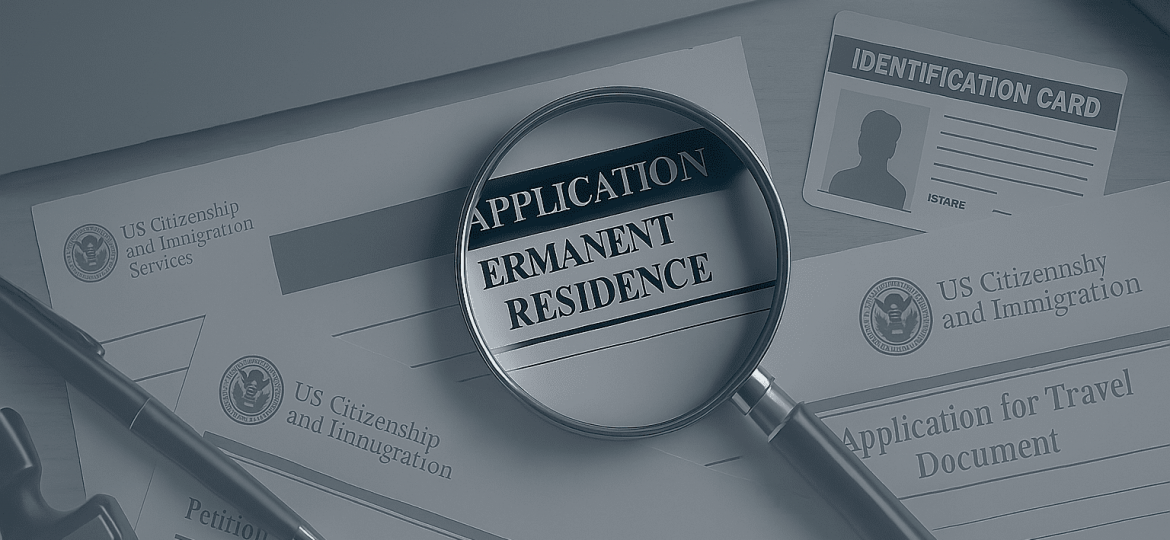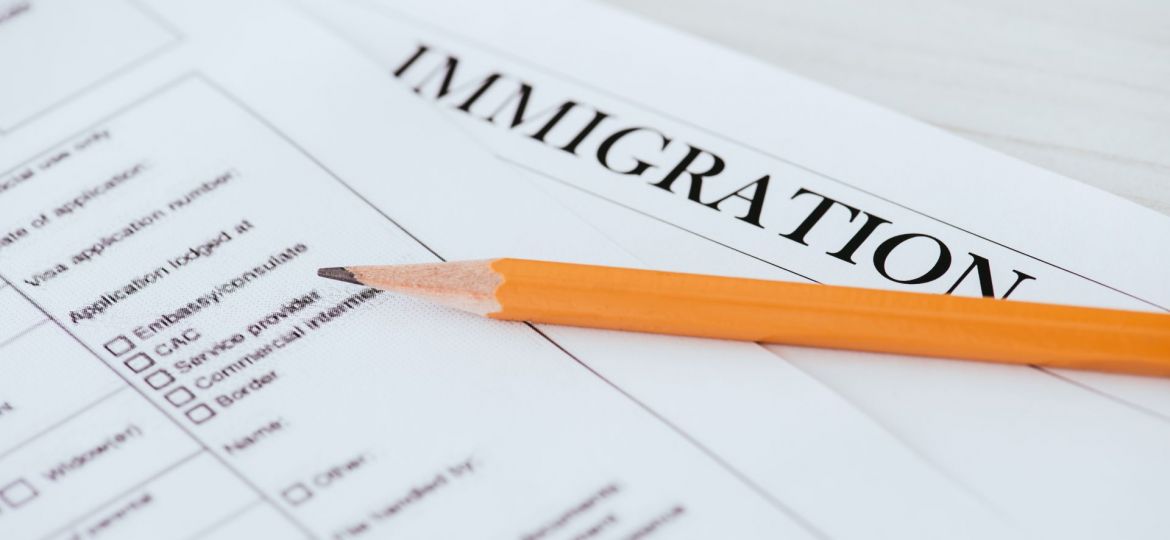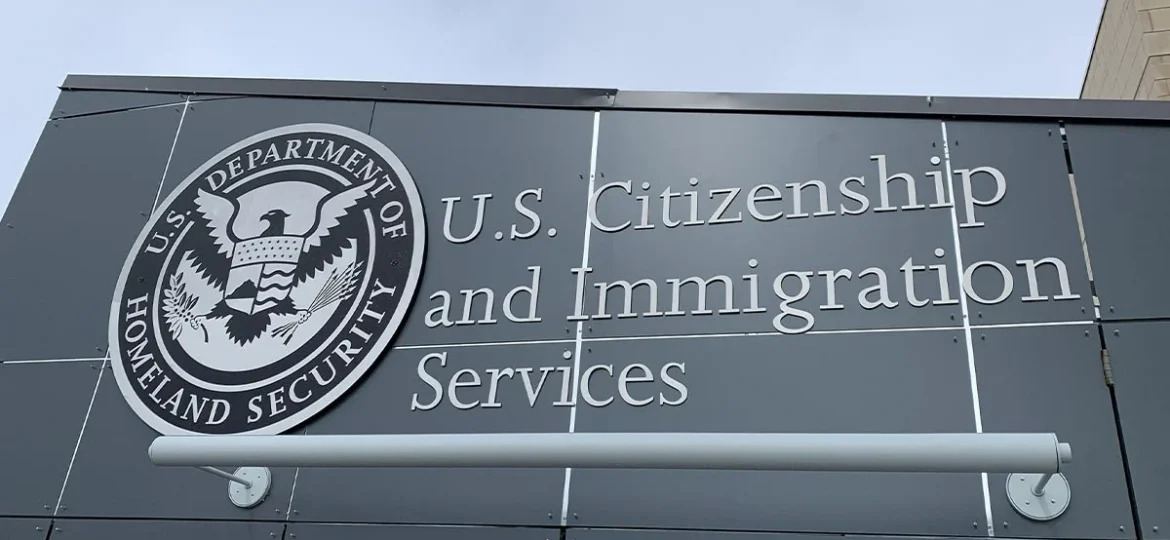USCIS ordenó pausas en trámites migratorios que afectan asilo, permisos, naturalización y ajuste de estatus. Conoce por qué detuvieron tu caso y qué hacer ahora.
Migration
El FOIA es una herramienta clave que muchos inmigrantes desconocen. Puede revelar información oculta en tu historial migratorio y ayudarte a evitar problemas antes de enviar cualquier trámite a USCIS, ICE o el Departamento de Estado.
Choosing a trustworthy immigration agency can make the difference between moving forward safely or falling into fraud. In this article we explain why BBB accreditation is a real guarantee of trust, how to verify if an agency is accredited and why USA File Solutions is a benchmark in transparency and professional ethics.
Your asylum court hearing may define your future in the U.S. Find out what to expect, the new changes in 2025 and how to prepare with an experienced attorney.
As of July 22, 2025, the asylum process in the United States changed significantly with the introduction of new mandatory fees. These fees apply to both those who file their applications with USCIS (the immigration office) and those who file in EOIR (immigration court before an immigration judge).
As of July 22, 2025, the asylum process in the United States changed significantly with the introduction of new mandatory fees. These fees apply to both those who file their applications with USCIS (the immigration office) and those who file in EOIR (immigration court before an immigration judge).
USCIS implementará el nuevo examen de ciudadanía para quienes presenten el N-400 desde el 20 de octubre de 2025. La versión 2025 exige estudiar 128 preguntas y aprobar 12 de 20. Si presentas antes de esa fecha, seguirás con el test 2008 (100 preguntas, 6/10 para aprobar). Aquí te explicamos claves, diferencias y cómo prepararte.
In August 2025, USCIS published important updates to its Policy Manual that reinforce standards of integrity and honesty in immigration processing. Although the term "good faith principles" does not always appear verbatim, many of these new rules require what good faith implies: demonstrating that your documents are truthful, that your statements are consistent, and that you are not trying to cheat the law to obtain an immigration benefit to which you are not entitled.
When an immigrant receives a deportation order or a denial in his or her immigration proceedings, the first reaction is usually to think that all is lost. However, this is not always the case. In the United States, there is a legal tool that can make all the difference: the immigration appeal.
In Kristi Noem's first 200 days at the helm of the Department of Homeland Security, key reforms affecting Latino immigrants have been implemented. In this article, we explore the most significant changes in U.S. immigration policy and how immigrants can adapt to these new challenges.












